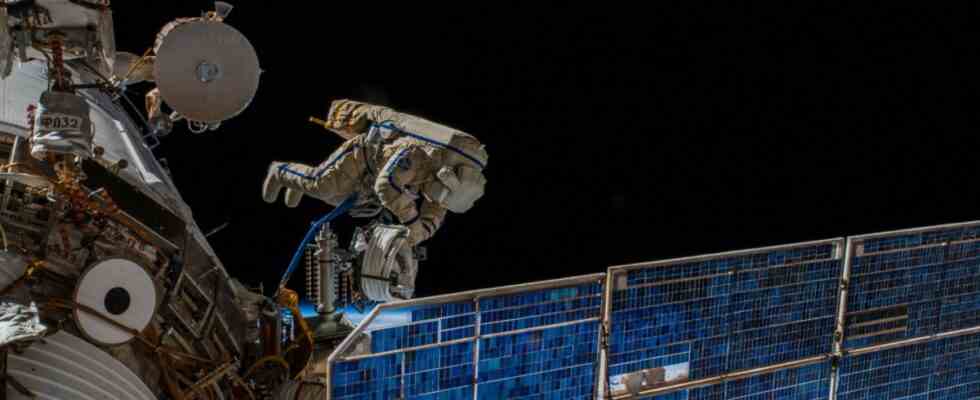With the sanctions against Russia as a result of the war in Ukraine, nothing is the same in climate science as it was before. German research institutions put their cooperation with Russian universities and institutions on hold, including the Bremerhaven Alfred Wegener Institute (AWI).
The boycott hits the research conducted by the AWI hard, especially in the long-term projects. “Unfortunately, we have to suspend the observation series,” says AWI Director Antje Boetius. Climate and environmental data are critical for all of humanity, and international cooperation is important for them. “The Siberian Arctic, with its summer heat waves, is the region we need to look at.” In the permafrost in Siberia, researchers want to find out how quickly the ground thaws. “Devices should now actually be replaced there. That has stopped,” says Boetius. She herself wanted to travel to Novosibirsk in a few weeks, but that has also been cancelled.
“We haven’t received any data from Moscow since March 3.”
But not all cooperation was suspended: Boetius says that rules for further cooperation with the Russian side were agreed in exchange with the Federal Ministry of Research and the Federal Foreign Office. Individual projects are likely to be continued along these lines. Publications with Russian participation can also be published. “Academia does not know of a ban on collective thinking based on national affiliation,” emphasizes Boetius, making it clear: “The boycott is directed against the regime and its institutions, not against civil society and thus not against Russian researchers.” We have also been in contact with some Russian colleagues for decades, and friendships have also developed on joint expeditions.
Russia has been an important partner not only in polar and climate research, but also in the fields of physics, space travel and astronomy. The sanctions hit the Max Planck Institute for Ornithology in Radolfzell hard. For the “Icarus” project, an antenna was installed on the outer shell of the Russian module of the International Space Station (ISS) in 2018, which receives data from Earth, more precisely: from animals that have been equipped with mini transmitters. This provides information about the migration routes of migratory birds and other animals.
“We haven’t received any data from Moscow since March 3,” says project manager Martin Wikelski. “And we assume that we will never get data again.” Cooperation with Russia is history. However, the mammoth project is not about to end. “We already have ideas for other flight opportunities.” A small German satellite could possibly be used this year. However, personal exchanges with Russia have also been completely cut off: “We are very worried, but we don’t want to provoke any threats,” says Wikelski. Some of the engineers involved in the project can no longer be reached. “It’s unclear what happened there.”
The President of the German Physical Society in Bad Honnef, Lutz Schröter, on the other hand, explicitly encourages the members to continue to maintain personal contacts – and at best even to intensify them. “We must not cut the bridges to the people,” says Schröter. Contact with Russian universities and research institutes, which stand for the state, should be strictly stopped.

